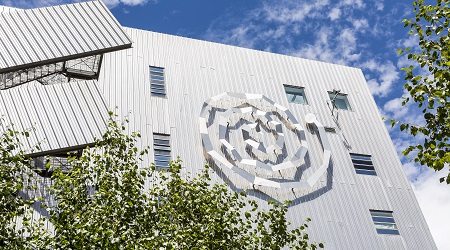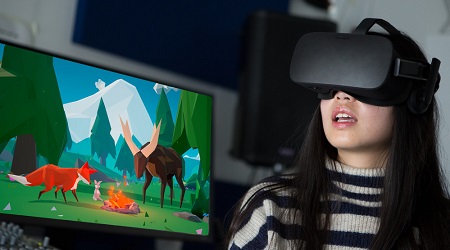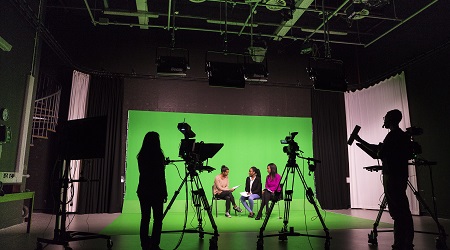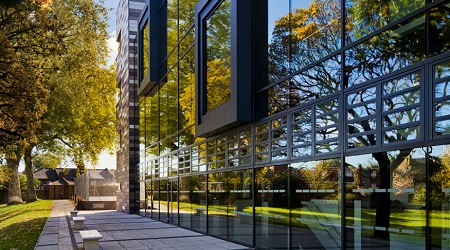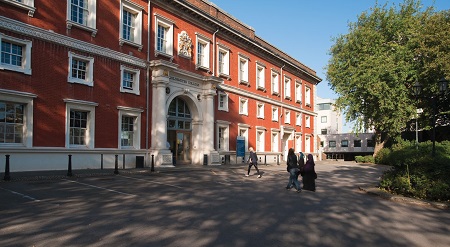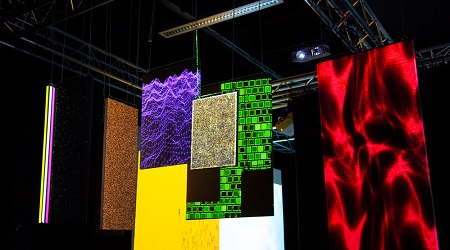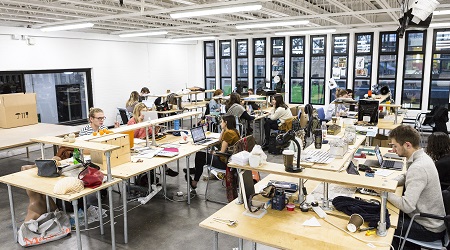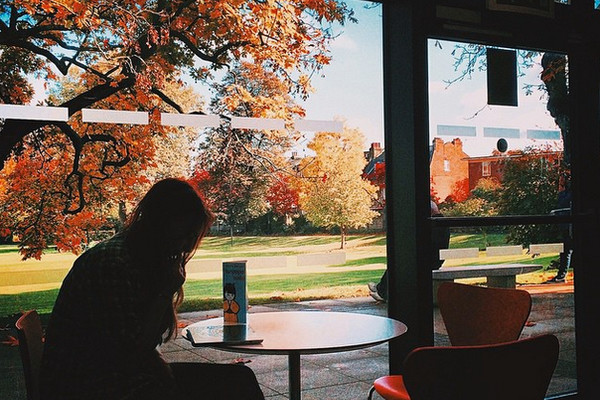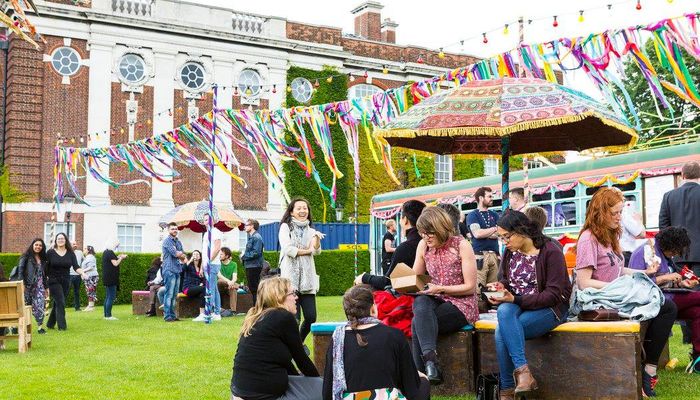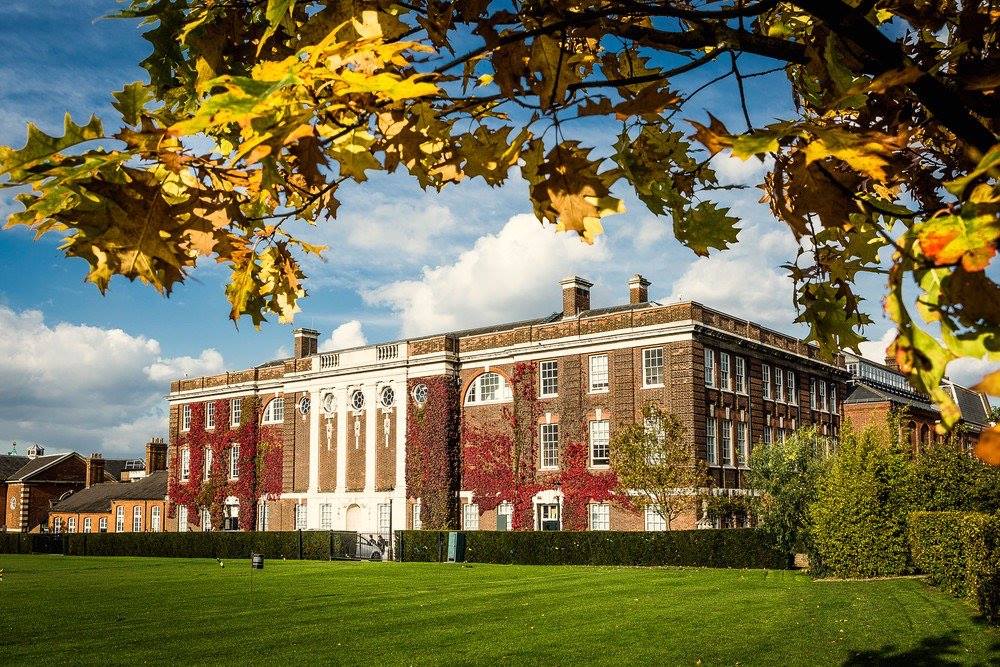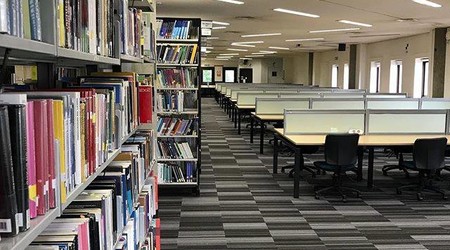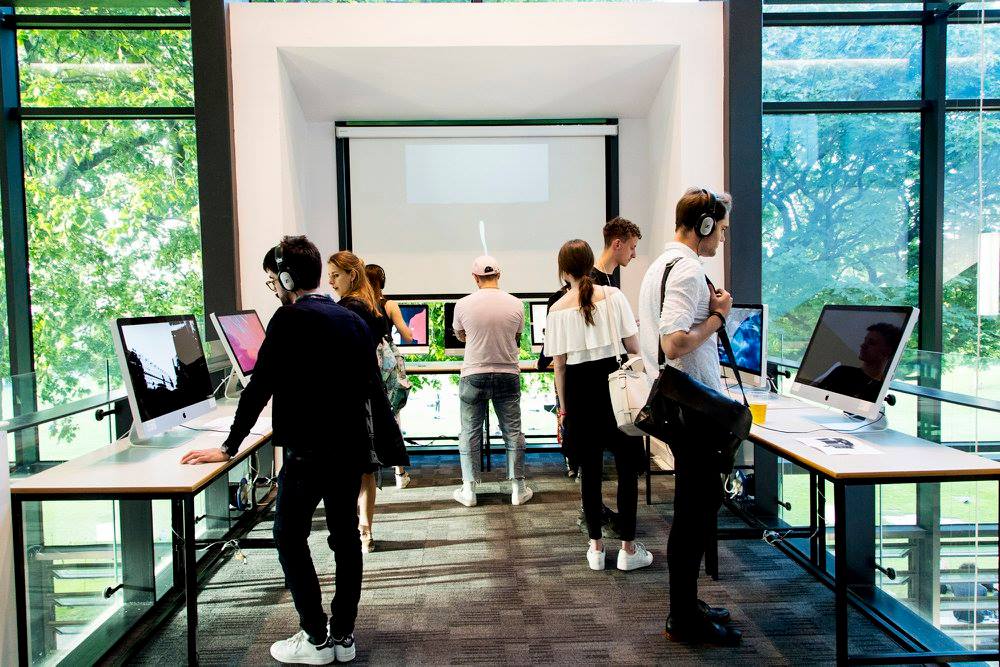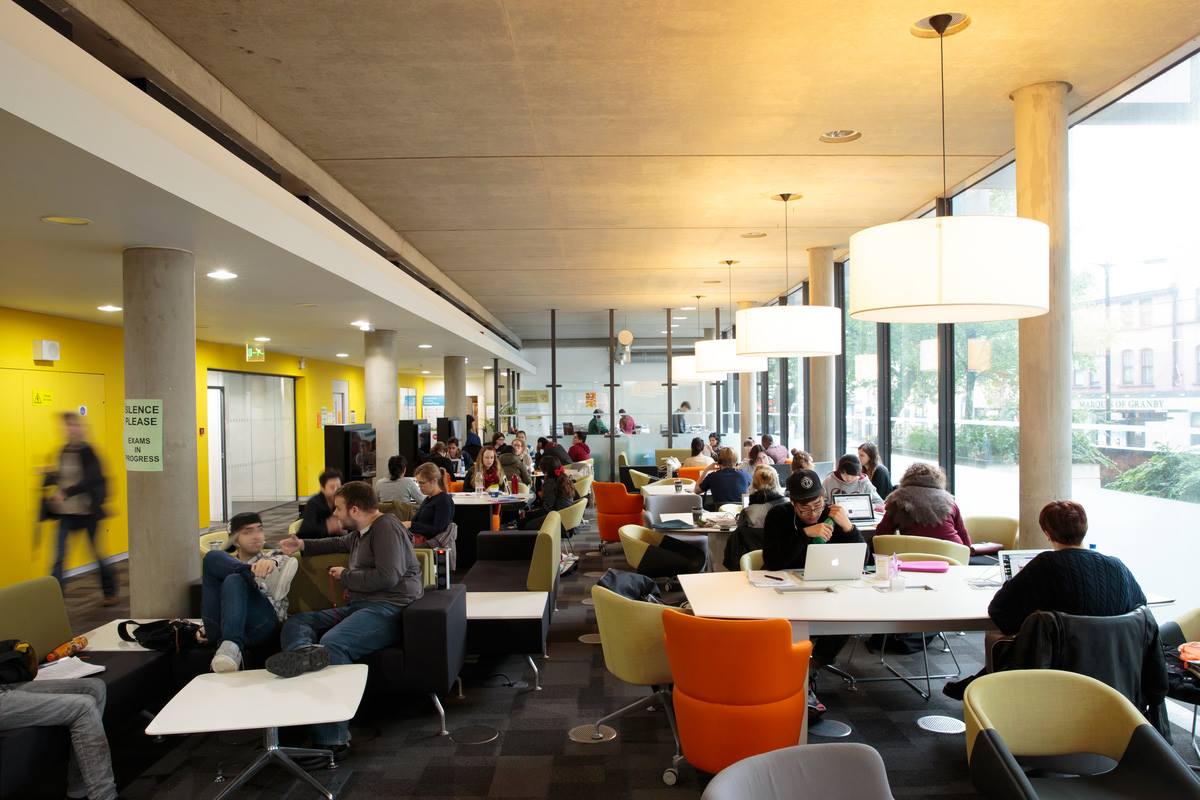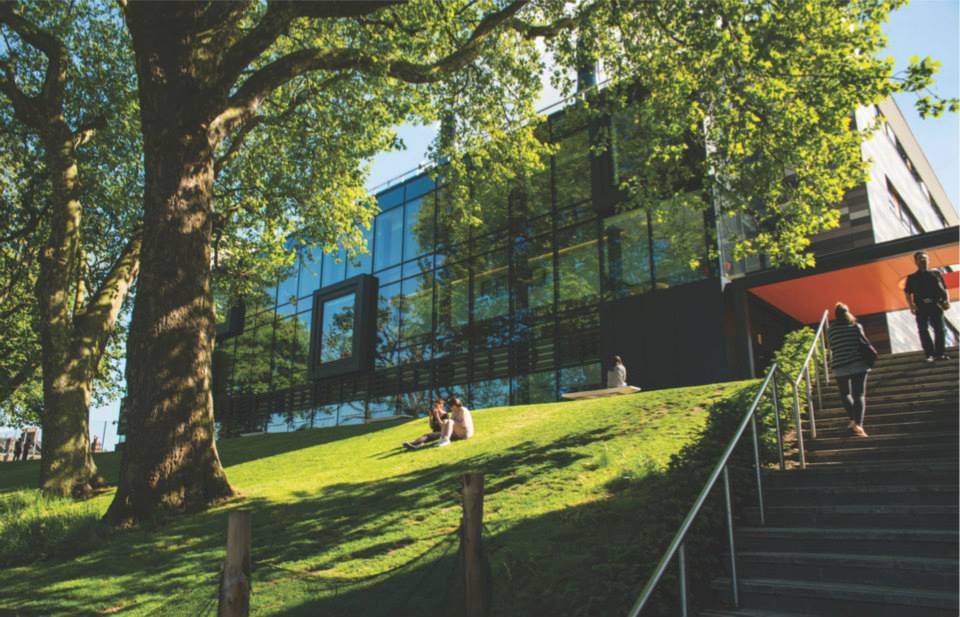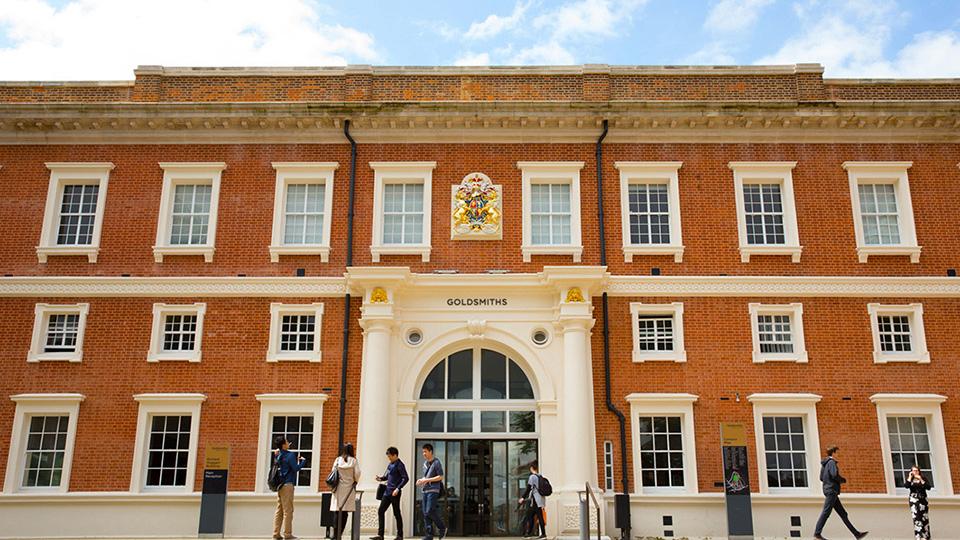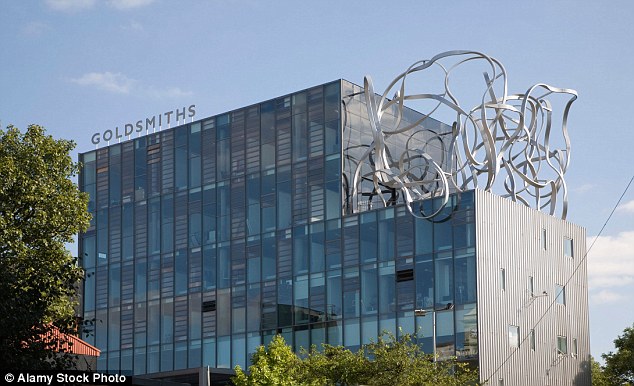{{phone.Value}}
successful admissions
of students enter the university of their choice
students consult Education Index when applying for universites
successful admissions
of students enter the university of their choice
students consult Education Index when applying for universites
The degree consists of 50% media theory and 50% media practice. We aim to provide an inspirational learning experience in which theory and practice influence and enrich each other in the production of original creative and intellectual work.
Media theory
In the first year, the theory element introduces you to the study of verbal and visual languages, and encourages you to assess changes in the media. You'll be acquainted with debates surrounding the term 'culture', and will look at how experiences of gender, age and race affect our understanding of the concept. You'll also examine various media texts, and take a module that will address theories of society and approaches to the modern state as they relate to media.
You take the following compulsory modules:
Media Practice
Compulsory media practice modules include an introduction to five of the media practices on offer, and your first media production option, in which you’ll work on a small-scale project.
Practice options:
Media theory
In the second year you take theory modules covering a range of approaches to the study of communications and the media. You'll look at theories of postmodernity, identity and globalisation; be introduced to differing psychological perspectives on the analysis of culture and communications; consider cultural theory; and investigate concepts of audience.
You take the following compulsary modules:
And a choice of two optional modules:
Media practice
Practice modules introduce you to media production in a different area to the one you studied in year one. You'll apply production skills in the creation of small-scale projects, and develop critical skills through the analysis of examples and of work produced in each area. You then choose a practice area in which to specialise.
You take the following module - Media Production Option 2
You can also undertake a work placement as one of your option modules.
Media practice
You undertake the research, planning and production of a major project or a portfolio of work in the practice area in which you specialised in Year 2.
